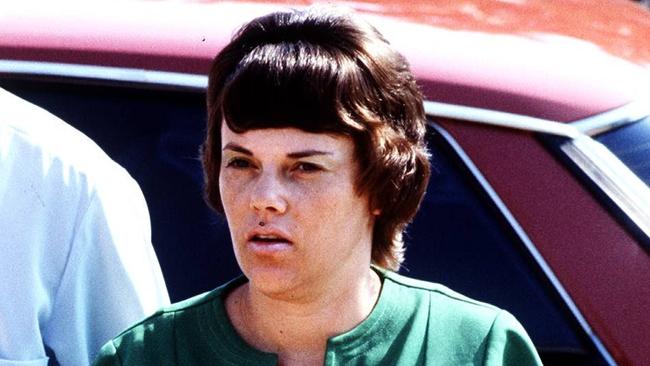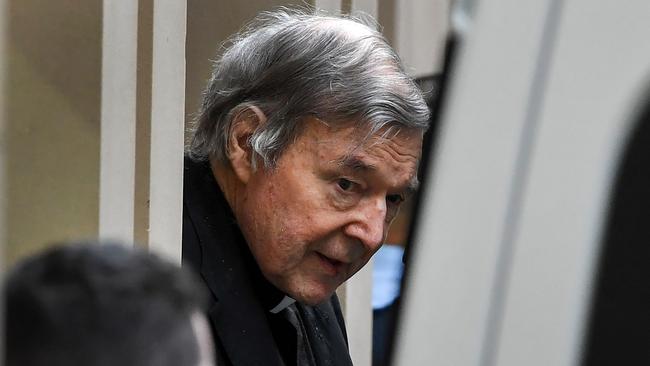
Those who exhibit such certainty might do well to remember Pell has not yet exhausted all possible avenues of appeal. Until he does, those who have been quick to vilify him should remember what happened to Lindy Chamberlain.
After a similar nationwide frenzy, this innocent woman was wrongly accused, convicted by a jury and jailed for the murder of her baby, Azaria, who had been taken by a dingo at Ayers Rock.
Chamberlain’s eventual exoneration, immortalised in a film, did no favours for the standing of Australian criminal justice. Yet if Pell takes his case to the High Court and wins, the impact on the global standing of Australian justice will make the disgraceful treatment of Chamberlain look benign.
If the Pell case does come before the nation’s highest court, this week’s dissenting ruling by Court of Appeal judge Mark Weinberg leaves the strong impression the cardinal has a better-than-even chance of success.
Nothing is certain before the High Court but the analysis in Weinberg’s 204-page dissent is compelling. If the High Court agrees — and Pell lives long enough — the implications do not bear thinking about.

Legal academic Peter Kurti says Weinberg “meticulously dissects the case against Cardinal Pell and this suggests to me there are some real warnings and real indicators that should have been heeded by the other two justices”.
“The fact that they were not is very concerning because Weinberg is a very experienced criminal lawyer, a former commonwealth director of public prosecutions,’’ says Kurti, an adjunct associate professor in the school of law at the University of Notre Dame Australia. “This is a man who really does know criminal law backwards, whereas the other two do not come from a criminal law background.’’
Victoria is still struggling to come to terms with the Lawyer X affair. The state has also been affected by a series of High Court judgments that have overturned decisions of the Court of Appeal.
Those cases are outlined in today’s legal affairs section of The Australian by legal academic Mirko Bagaric.
Weinberg’s dissent says the defence involved a detailed challenge to the prosecution case that was largely based upon “the unchallenged testimony of a significant number of witnesses, all of whom were of good character and reputable. It was not suggested that any of them had lied”.
The problem is that the defence also argued the allegations were “impossible”. It would have been better, as Weinberg writes, if this term had never been used.
To succeed, the defence merely needed to show there was a reasonable doubt about the prosecution’s case. It did not need to set itself the more onerous task of showing that the prosecution’s allegations were impossible. The fact the complainant might have been a good witness is not enough. If there was a reasonable doubt, Pell should have been acquitted, even if the defence failed to show the accusations were impossible.
Yesterday, a retired Supreme Court judge from outside Victoria, who is no fan of mine, took the trouble to contact me to make the point that “the case shrieks reasonable doubt”. Those doubts have been spelled out in fine detail by Weinberg. The risk now is that Pell, who is old and sick, might not live long enough for his case to be heard by the High Court.




After the shattering defeat inflicted this week on George Pell, it might be difficult for many to accept that the cardinal is anything other than a dirty old man who has been dealt with properly and deserves his punishment.